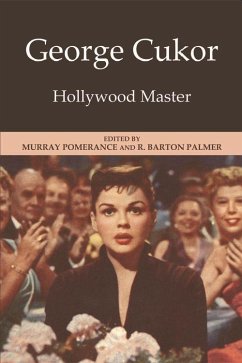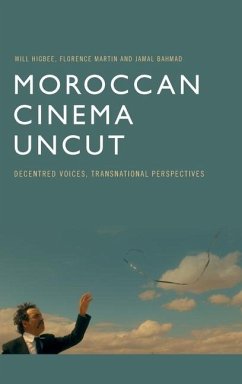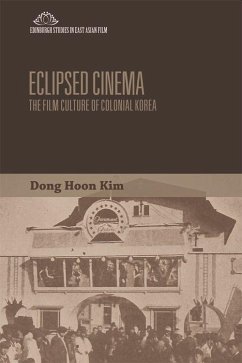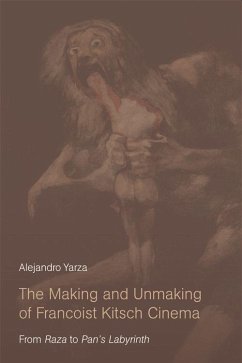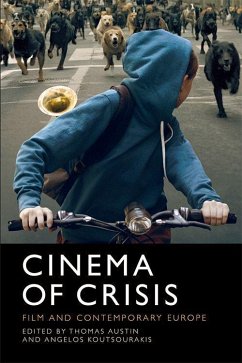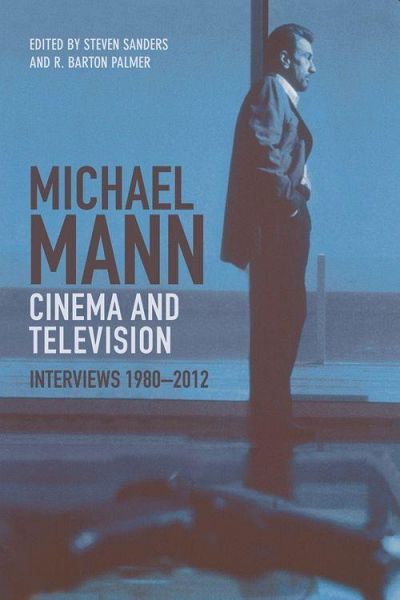
Michael Mann - Cinema and Television
Interviews, 1980-2012

PAYBACK Punkte
61 °P sammeln!
This reader is the first to bring together a selection of Mann's own interviews where he reflects on his film and television productions. The sixteen interviews provide historical context, interpretation and evaluation of the auteur's work. They encompass his entire career as a feature filmmaker and television producer/director as he and others reflect on his themes, working methods, artistic development and career achievements. The book aims to open up Mann's body of work, making it available for comparison with the work of his contemporaries, and to provide fresh insights into his film and t...
This reader is the first to bring together a selection of Mann's own interviews where he reflects on his film and television productions. The sixteen interviews provide historical context, interpretation and evaluation of the auteur's work. They encompass his entire career as a feature filmmaker and television producer/director as he and others reflect on his themes, working methods, artistic development and career achievements. The book aims to open up Mann's body of work, making it available for comparison with the work of his contemporaries, and to provide fresh insights into his film and television work. A substantive introductory essay, chronology and filmography provide additional bases for understanding the interviews, essays and work of this major filmmaker.




